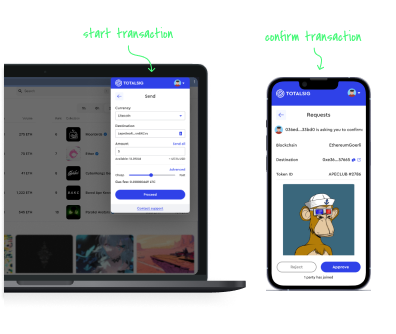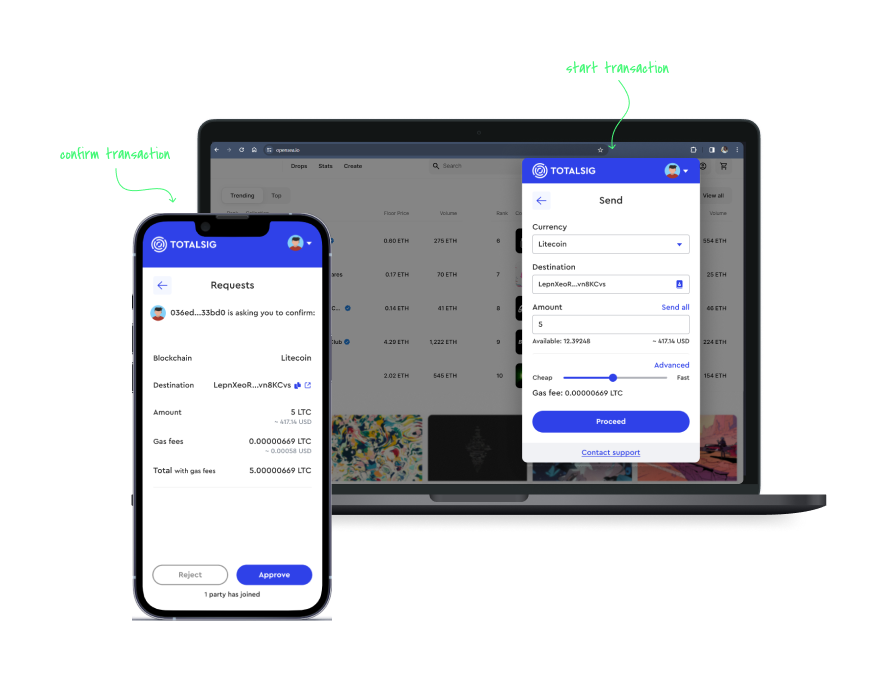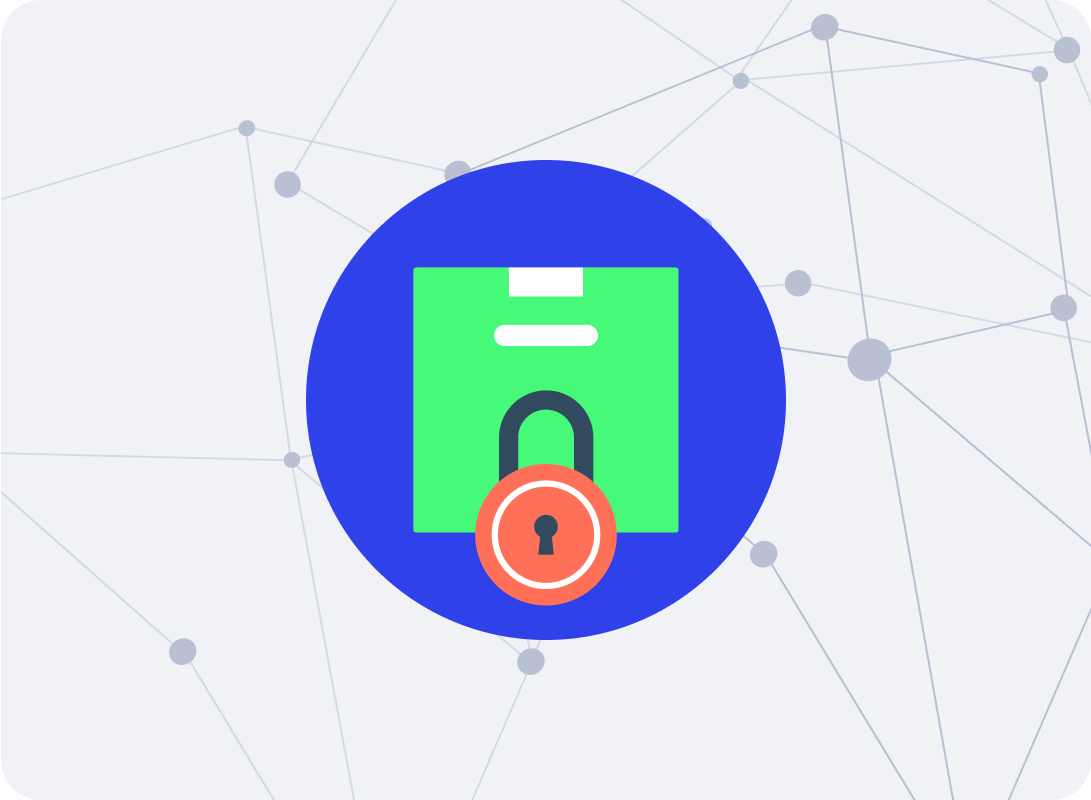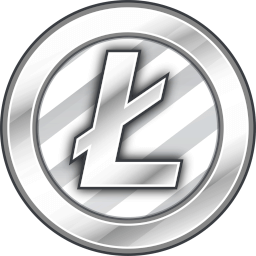TotalSig makes managing Litecoin multisigs simple and easy. There's no need to spend hours searching for new solutions and grappling with complex processes when you can achieve it with just one click. Bitcoin multisigs are finally here, enhancing your team's business operations with security and convenience.
Download Wallet

How to Use Bitcoin MultiSig
Bitcoin MultiSig Fees
Operation costs
TotalSig
> 0.01 USD
Other multisigs
> 0.01 USD
Totalsig reduces operational costs by eliminating the need for complex P2SH wallet scripts. Previously available only to large institutional players, Totalsig now makes MPC technology accessible to everyone.
Why There is Price Difference?
Unlike other solutions that rely on smart contracts, which are known for their complexity and high costs, TotalSig utilizes MPC multisigs. This innovative approach is increasingly adopted by leading institutional players, offering a significant reduction in multisig expenses and improving the user experience.
On the Bitcoin network, MPC multisigs are more cost-effective compared to traditional P2SH multisigs. This is because they require only one signature per input, which avoids the need for multiple signatures that typically incur higher network fees. This streamlined approach not only reduces costs but also simplifies transaction processing on the Bitcoin blockchain.
Why Use MultiSig Wallet

Increased Security
Traditional wallets rely on a single access point, which, if breached, leaves funds vulnerable. Multisig wallets elevate security, necessitating multiple private keys for transactions. A fortified barrier, it substantially reduces the chances of unauthorized access and fund theft.

Risk Mitigation
In traditional single-key systems, if a key holder is unavailable, it can disrupt operations. Multisig addresses this risk. With multiple key holders, transactions proceed without delay, ensuring smooth business operation.

Shared Ownership
In instances where assets need collective decision-making, multisig wallets shine. By distributing control among several parties, it mandates consensus for transactions, ensuring that no single entity holds unilateral power, fostering collaboration and mutual trust.

Decentralized Organizations
Embracing the ethos of decentralization, multisig wallets cater perfectly to decentralized autonomous organizations (DAOs). With no central authority, these wallets empower collective management, ensuring that decisions and transactions echo the shared values and visions of its members.
Wallet Features
Free multisig wallets
TotalSig is a comprehensive multisig wallet designed to enhance the security of your digital assets. It supports LTC, the principal cryptocurrency of the Litecoin network, offering robust protection for your transactions and holdings.

Best fee calculator
TotalSig provides a premium fee calculator designed to ensure you pay the least possible fees. Unlike other wallets that might place a lower priority on fee optimization, leading to possible overpayments by two to three times, TotalSig prioritizes cost efficiency, especially beneficial for Litecoin transactions.


About Litecoin
What is Litecoin?
Litecoin is a decentralized cryptocurrency, launched in 2011 as one of the first altcoins. It stands as a significant player in the cryptocurrency market, derived from Bitcoin's original codebase. Proposed by Charlie Lee, a former Google engineer, Litecoin was designed to provide faster transaction confirmation times and a different hashing algorithm compared to Bitcoin. It emphasizes enhanced speed and efficiency, making it an attractive option for daily transactions and micro-transactions.
Litecoin ecosystem
Background
Litecoin was introduced as an alternative to Bitcoin, aiming to improve on its transaction speeds and adaptability. Officially launched in 2011, it has established itself not just as a cryptocurrency but as a medium for facilitating quick and cost-effective digital transactions.
Purpose
Litecoin’s mission is to offer a peer-to-peer cryptocurrency that enables instant, near-zero cost payments to anyone in the world, decentralizing financial transactions without the need for central authority. This positions Litecoin at the forefront of facilitating faster and more frequent digital transactions.
Coins
LTC, the native cryptocurrency of the network, serves as the medium for transactions and compensations within its ecosystem. Litecoin's adoption of the Segregated Witness (SegWit) and Lightning Network technologies highlights its commitment to remaining scalable and efficient.
Types of Litecoin wallets
Choosing the ideal Litecoin wallet involves considering a variety of options tailored to different user needs, balancing security, convenience, or both, to cater to specific requirements and features.
Hardware wallet
Hardware wallets are considered the most secure method of storing Litecoin. These physical devices keep Litecoin’s private keys offline, protected from online vulnerabilities. Transactions require the device to be physically connected to a computer or smartphone, combining optimal security with ease of use through protected interfaces like pins or passwords.
Despite their strong security, hardware wallets can be less convenient for users who need frequent access to their funds and can vary greatly in cost, potentially deterring some individuals.
Web wallet
Web wallets offer a highly convenient option, accessible via browser extensions or specific websites, ideal for users who value ease of access for regular transactions. While setup is straightforward, the online nature of web wallets makes them more susceptible to cyber-attacks, and storing information on centralized servers can attract hackers. Users of custodial web wallets should be cautious, as they might not control their private keys, posing additional security risks.
Desktop wallets
Desktop wallets provide a balance between accessibility and security. Installed as software on a user's computer, they store private keys directly on the device, offering secure storage when the device is offline, similar to hardware wallets. The risk remains if the computer is constantly connected to the internet, exposing it to potential cyber threats.
Used wisely—with the device kept offline except for necessary transactions—desktop wallets can effectively secure your Litecoin assets. Wallets like Electrum LTC and Exodus are examples of desktop wallets that combine security features with user-friendly interfaces.
Frequently Asked Questions
Simply donwload the app an follow the onboarding process to create or connect your wallets.
MPC (Multi-Party Computation) multisig wallets utilize cryptographic protocols to enable multiple parties to collaboratively create and manage private keys without ever sharing the complete key. This allows for secure transaction signing without exposing sensitive information.
Our platform utilizes MPC multisig and advanced security features to protect your assets.
We support multiple blockchains including: Bitcoin BTC, Ethereum ETH, Tron TRX, Solana SOL, Litecoin LTC, BNB Smart Chain BNB, Tether USDT, Dai token DAI, NFT NFT, Polygon MATIC, Arbitrum ARB, Avalanche AVAX, Bitcoin Cash BCH, Dogecoin DOGE, Optimism OP. See full list of supported coins and tokens here
